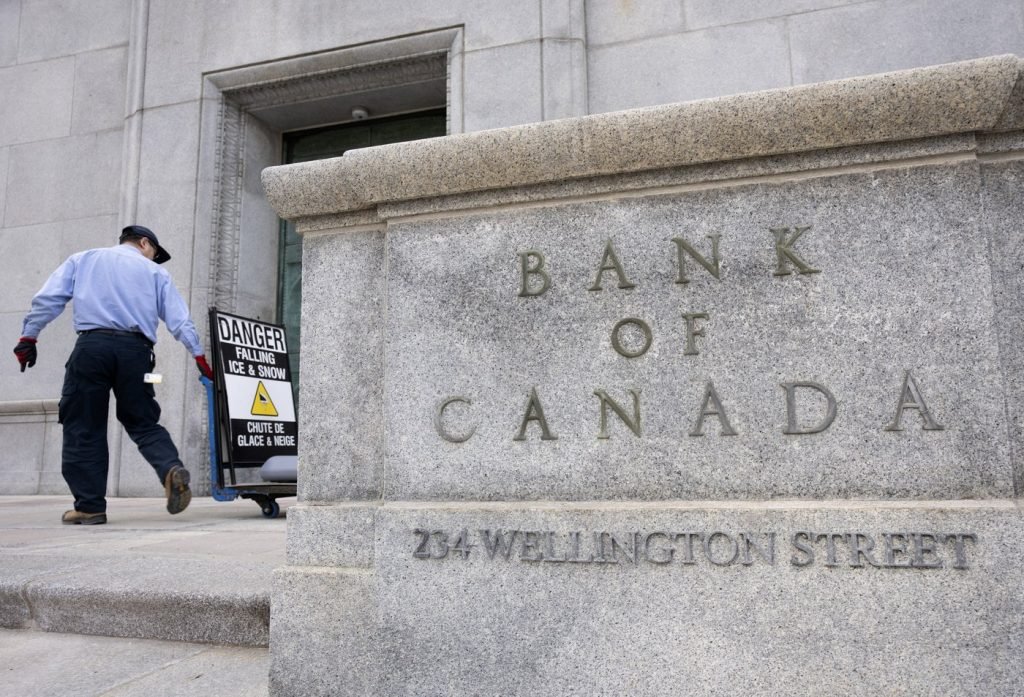Ottawa : The Bank of Canada has paused its streak of seven consecutive rate cuts, maintaining its key interest rate at 2.75% on April 16, 2025, as the nation braces for the economic fallout from U.S. tariffs. Governor Tiff Macklem cited unprecedented uncertainty surrounding U.S. trade policies, particularly President Trump’s newly imposed tariffs, as the reason for halting rate adjustments. The central bank also refrained from issuing regular economic forecasts, a rare move last seen during the COVID-19 crisis, underscoring the gravity of the current trade tensions.Macklem outlined two potential scenarios for Canada’s economy. In the optimistic case, negotiations could mitigate most tariffs, leading to stalled GDP growth in Q2 2025 but moderate expansion later, with inflation dipping below 2%. However, in a worst-case scenario, a prolonged global trade war could plunge Canada into a significant recession by mid-2026, with inflation spiking to 3.5%.
This uncertainty is already dampening consumer spending and business investment, areas where Canada’s economy was already showing weakness. The bank’s decision reflects a cautious approach, balancing the risk of inflation against the threat of economic stagnation.For Canadians, this hold on interest rates means borrowing costs remain steady for now, but the looming trade war could increase the cost of goods and services, particularly imports. Small businesses and exporters are especially vulnerable, as U.S. tariffs—such as the 10% baseline tariff effective April 5 and 25% on imported autos—threaten to disrupt supply chains and raise prices. As the federal election approaches on April 28, the Bank’s decision places additional pressure on political leaders to address trade relations and economic stability, with voters keenly aware of the stakes.




